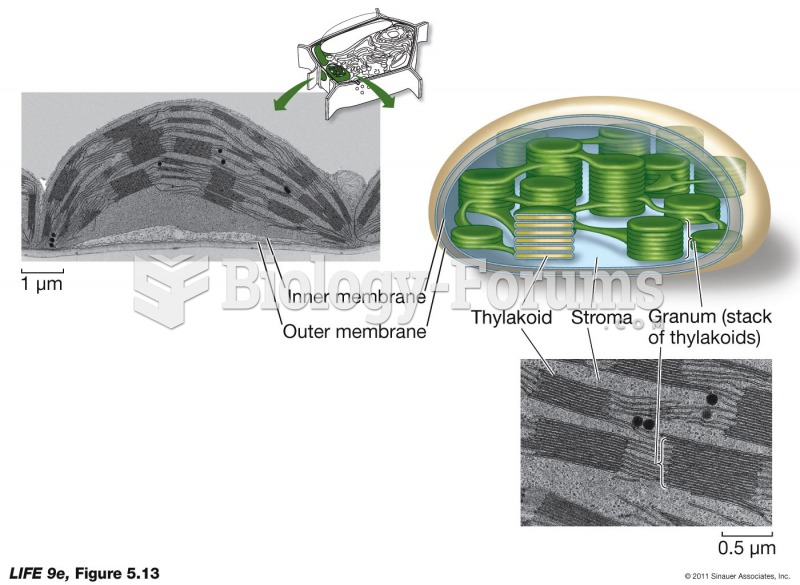Answer to Question 1
An ideal response will:
1, Define interdependency as a situation in which the economic conditions in one nation impact the economic situations in other nations.
2, Indicate that interdependency is one of several different aspects of globalization.
3, Reveal public opinion about globalization, which is that large majorities of people in countries around the world believe that increased globalization is a good thing.
4, Identify the significant difference in public opinion between younger and older citizens, which is that younger citizens are significantly more supportive of globalization than are older citizens.
5, List the reasons for differences in attitudes between younger and older citizens. Specifically, older voters have greater pride in their cultures and are more worried about protecting their way of life.
6, Discuss how these differences affect attitudes about immigration, such as helping to explain why older voters are less supportive of immigration.
7, Argue that globalization overall is good for the United States or argue that it is bad. Those who argue that it is bad may point to decreasing pride and a loss of their way of life. Those who argue that it is good may argue that it results in lower costs and a better understanding of other cultures.
Answer to Question 2
An ideal response will:
1, Explain how the president's strength comes in large part from the president's large cadre of advisers. With so many advisers, the president has much information and expertise available at all times of the day or night.
2, Provide a situation in which the president might consult with the vice president, such as when the president needs a loyal confidant who can help address the political implications of a foreign policy action.
3, Provide a situation in which the president might consult with the secretary of state, such as when the president wants to know the status of diplomatic negotiations.
4, Provide a situation in which the president might consult with the secretary of defense, such as when the president wants military advice from the perspective of a civilian official.
5, Provide a situation in which the president might consult with the Joint Chiefs of Staff, such as when the president needs to fully understand the different capabilities of the different service branches of the U.S. military.
6, Provide a situation in which the president might consult with the National Security Council, such as when there is a rapidly developing foreign policy crisis that needs immediate attention.
7, Provide a situation in which the president might consult with the National Security Agency, such as when the president needs information about monitoring foreign communications or protecting sensitive and classified information.
8, Provide a situation in which the president might consult with the director of national intelligence, such as when the president needs intelligence about the military or nuclear capabilities of a foreign government.







